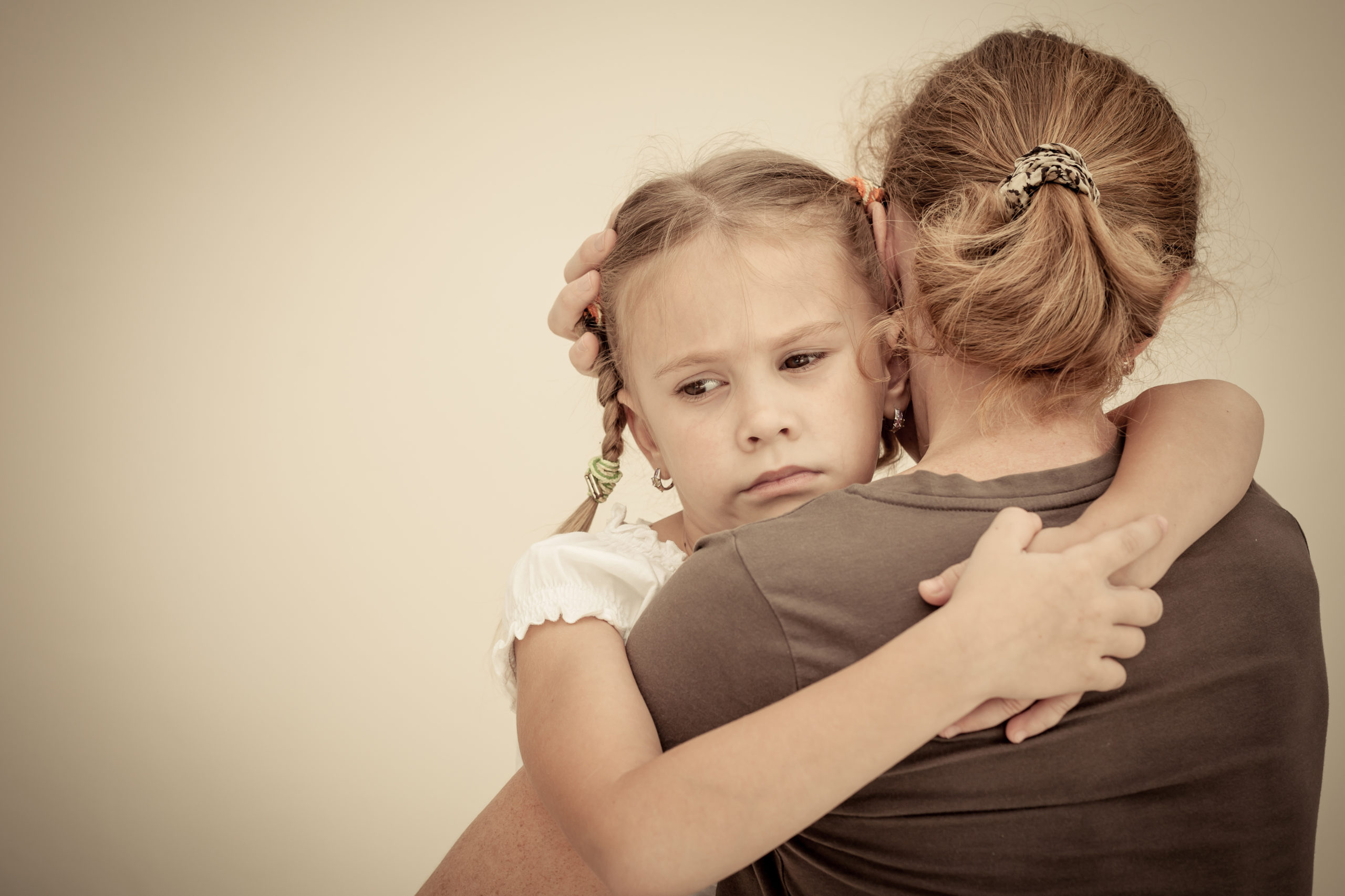Contributed by Marie Walker
During the COVID 19 pandemic, many people are surprised by a vast array of emotion, and by their body’s physical reactions to stress. Part of the reason for the severity of many people’s reactions is that they are dealing with several forms of grief without realizing it. Kristi Hugstad, host of “The Grief Girl” show says “Grief is not always about death. Grief is about loss, and that loss comes in many forms – death being just one of them”.
Missing milestones
The loss of transitional milestones such as celebrating a baby’s birth, a graduation, birthdays, holidays, and other events is a real, but unrecognized source of grief. Not being able to sit with a loved one in the hospital, or to gather together for a funeral adds to already difficult circumstances. Anxiety for the future, including non-COVID related health concerns, employment or economic fears, and grieving over lost plans and dreams is normal, but that does not make it easy to deal with in real life.
Simply because a couple who had to cancel their long-planned 25th-anniversary vacation to Hawaii, knows it is normal to grieve for the loss of dreams, does not diminish their pain. Similarly, the high school and college students who mourn for missed once in a lifetime activities and the couples whose wedding plans have been dramatically changed need to give themselves permission to feel all of the complicated emotions that will be stirred up by the unusual circumstances in which we are living.
Considerations for seniors
Even the other, quieter sorrows that the coronavirus has created should be validated and we should acknowledge and work to counter them. Many seniors, especially those who already live alone, are suffering from “touch starvation” which is exacerbated by strict quarantine measures. Grandparents are mourning their inability to spend quality personal time with their grandchildren—and the children are suffering, as well.
Our bodies have a difficult time handling stress that continues for long periods of time, especially when we feel that we don’t have any control of a situation. The generalized stressors of anxiety, uncertainty, and fear for the future all take a toll, not only on our physical bodies, but on our emotional and spiritual selves as well.
Humans are emotional and physical beings.
We react to stress, and especially to grief both physically and mentally. In an article that has been shared over 10,000 times, entitled “When Grief Gets Physical: Dealing with Physical Grief Symptoms”, Litsa Williams and Eleanor Haley, the authors of the website “What’s Your Grief.com” share this: “Of all the unimaginable aspects of grief, there is one thing we hear people say time and again that they really didn’t expect: physical grief symptoms. Though they may be surprised by the intensity or type of emotions they experience, they at least saw them coming. Physical responses, on the other hand, are an unanticipated and unwanted bonus.”
Grief, from any source, can affect every body system. It may cause problems that are hard to identify because they may come and go, at seemingly unrelated times. Marilyn Mendoza, the author of “We Do Not Die Alone” said “There are 12 systems in the human body: Nervous, Digestive, Musculoskeletal, Cardiovascular, Renal, Reproductive, Lymphatic, Endocrine, Respiratory, Immune, Hematopoietic, and Integumentary. They are all interconnected with each susceptible to the effects of stress and grief.” This helps to explain why seemingly unrelated stress from the quarantine and its effects may be upsetting your body or your health.
One of the physical aspects of distress that surprises people is the harsh reality of “grief brain”—as Dr. Mendoza says: “In grief, our brain can feel like it has turned to mush. We may even begin to feel as though we have lost our minds. Our thinking becomes garbled, confused and slowed. Our concentration and attention are limited. We are distractible and have trouble planning, organizing and remembering. The result is that we become unsure of ourselves and our ability to make decisions. We may have headaches and feel as though we are in a fog.” Many grievers have described this as feeling like they are “wrapped in cotton wool” or “experiencing everything from a distance”.
To make things even more complicated, men and women often grieve and process stress differently. “Grief is a natural response to loss, but it is something that men are not prepared for, and they often struggle to understand how it can affect their lives,” says Dr. Eric Bui, who directs research on anxiety and traumatic stress at Massachusetts General Hospital. Men and women can both feel frustrated and unsupported because physical and cultural differences make it hard to understand each other. However, remembering that there is no one “right” way to grieve is a good starting place.
Supporting a griever
Helping involves taking care of both the body and the spirit. Whether the griever is you or someone else, it is important to know that while physical symptoms are normal, there are many ways to minimize their negative effects:
- Choose to be gentle. Be gentle with yourself, and kind in your interactions with others. Give the benefit of the doubt and assume the best intent for other’s behaviors. Don’t beat yourself up over any perceived failures. In a time of stress and grief, simply keeping yourself and your family alive and functioning is all you have to do—don’t let externally imposed ideas (like “this would be a wonderful time to learn a foreign language”) create unneeded stress.
- Accept the hard reality. Be honest about what you are feeling. Feelings aren’t “good” or “bad”, they just are.
- Don’t ignore or diminish feelings into something more socially acceptable. When you listen to someone who is struggling with grief, don’t reduce the reality of what they are dealing with by trying to cheer them up or by pointing out what they have to be grateful for. Simply listen and acknowledge the painful reality of where they are.
- Take care of your physical body. Make sure that you are eating well. Stay physically active. Walking in nature, expressing your creativity, doing yoga, or meditation are all things can help you relax and deal with increased stress in a positive way. Looking for ways to find and create joy in everyday activities gives your brain something positive to focus on.
Stress can lead to growth
It is normal to react to times of stress and uncertainty in many ways, both physically and mentally. Being aware of your body’s stress and grief reactions can help you manage your health and your happiness more effectively. Increasing your understanding and choosing to be kind and responding gently during this time of crisis will help you, your family and those around you prosper and thrive, no matter what life throws at you.
Marie Walker is a student, a teacher, a loving wife, the mother to four children (who are as perfect as any reasonable parent could ask for), and a Service Dog. She is passionate about advocating for attachment parenting, mother and child development, empowered families and the disabled. She believes that we should build up, not tear down, that we should protect and defend those who cannot defend themselves, and that life is intended to be joyful and beautiful. She received an Associate of Art from Snow College, and will graduate in July 2020 with a Bachelor’s degree in Marriage and Family Studies, continuing directly into working on her Master’s degree in Counseling at Heidelberg University to become a Grief Therapist and Death Educator.


